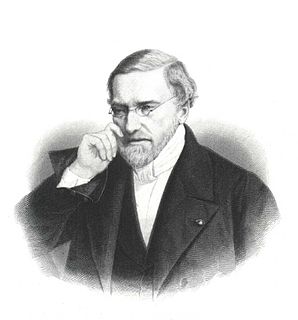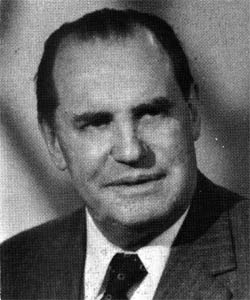A Quote by Ibn Khaldun
Geometry enlightens the intellect and sets one's mind right. All of its proofs are very clear and orderly. It is hardly possible for errors to enter into geometrical reasoning, because it is well arranged and orderly. Thus, the mind that constantly applies itself to geometry is not likely to fall into error. In this convenient way, the person who knows geometry acquires intelligence.
Related Quotes
In fact, Gentlemen, no geometry without arithmetic, no mechanics without geometry... you cannot count upon success, if your mind is not sufficiently exercised on the forms and demonstrations of geometry, on the theories and calculations of arithmetic ... In a word, the theory of proportions is for industrial teaching, what algebra is for the most elevated mathematical teaching.
Why waste words? Geometry existed before the Creation, is co-eternal with the mind of God, is God himself (what exists in God that is not God himself?): geometry provided God with a model for the Creation and was implanted into man, together with God's own likeness - and not merely conveyed to his mind through the eyes.
One of the high points of my life was when I suddenly realized that this dream I had in my late adolescence of combining pure mathematics, very pure mathematics with very hard things which had been long a nuisance to scientists and to engineers, that this combination was possible and I put together this new geometry of nature, the fractal geometry of nature.






































